Erik Brandt has been teaching English at Harding High School in St. Paul since graduating from Macalester in 1995. Twice, he has been a finalist for Minnesota’s Teacher of the Year award – and over the summer, he had a message for his alma mater.
Brandt’s article “An open letter to Macalester College (and its peers)” was published in July in the local newspaper The Villager. In it, he urged Macalester – an institution exempt from paying property taxes – to step up and contribute to funding St. Paul Public Schools.
The schools need it. In March, the district announced that it had a $23 million budget deficit for the 2017-18 school year – resulting in significant personnel and programming cuts, and an uncertain future.
Minnesota’s public schools, on average, receive 69 percent of their funding from the state government, 25 percent from local government, and six percent from the federal government.
St. Paul receives slightly more federal funding than other Minnesota cities through Title I of the 1965 Elementary and Secondary Education Act because a significant number of its schools serve a high percentage of low-income students.
But state funding for public education – once made generous by the Minnesota Miracle of 1971 – has fallen drastically since 2002, when the state legislature restructured the property tax system and slashed school funding.
Income taxes have been of little help. Since 1977, the state’s top income-bracket tax rate has been halved. It increased for the first time in nearly three decades in 2014, when Governor Mark Dayton signed a modest tax increase for millionaires.
The other cause for decreased public school funding in St. Paul? Enrollment is down.
“Schools get money based on projected enrollments, and because of this dominant narrative that schools are failing, parents say, ‘Okay, we’re going to send our kids to charter schools, we’re going to send our kids to parochial schools, we’re going to send our kids to private schools,’” Brandt said.
It’s a vicious cycle. As public school funding decreases, quality suffers, and as quality suffers, more and more parents take their kids out of public schools – further decreasing funding, and on, and on.
Last year, St. Paul Public Schools had just thirteen librarians to serve some 39,000 students. Some schools had nurses for just one half of one day per week.
“I remember, when I started in 1986, having really anything I needed in my classroom,” St. Paul Federation of Teachers President Nick Faber said. “By the time I left my classroom, I was spending about $1,000 per year on consumables for my science lab.”
For teachers like Faber who write their own grant requests and spend their own money on classroom supplies, there is no end in sight.
“We’ve got [the district] to stretch dollars pretty much as far as we could,” Faber said. “But we need to build on this, and, quite frankly, the district is short on cash. So where does our money come from?”
In answer to that question, the Federation has pinpointed three main reasons why the city’s public schools are underfunded: major corporations like U.S. Bank and EcoLab that pay few or no property taxes, tax increment financing agreements, and wealthy non-profits that are exempt from paying property taxes.
The Federation is targeting six tax-exempt St. Paul institutions — Allina Health, Regions Hospital, Gillette Children’s Hospital, Macalester College, the University of St. Thomas, and St. Catherine University — that, combined, occupy properties valued at over $1.3 billion.
All three of the medical institutions have net incomes of over $100 million per year. Of the colleges and universities, Macalester’s endowment – which sits somewhere around $700 million — is the largest. The college’s property, which it is not taxed on, is valued at $215 million.
In certain cities, institutions like hospitals, schools, and museums agree to pay a certain amount of money each year to the city in which they reside in lieu of paying taxes.
Those arrangements, called Payment in Lieu of Taxes (PILOTs) are prominent in cities such as Boston and Philadelphia. Both Carleton College and St. Olaf College pay the city of Northfield a certain amount of money each year.
The Federation of Teachers would like to see Macalester enter into a similar arrangement with St. Paul, and along those lines, sent a letter to Macalester President Brian Rosenberg with their request several weeks ago. They have not yet received a response.
“We hope that [Rosenberg] is still open to talking to us. We want to have a conversation. I don’t know what he’s thinking, or if he’s even read it,” Brandt said.
According to Macalester’s Vice President for Administration and Finance David Wheaton, the letter is not yet on the administration’s radar. “We have not had a discussion about that particular request internally,” Wheaton said.
“I think it’s now something that has been raised, and we’ll need to talk about it internally as a start,” he continued. “It’s gotten some visibility. I think that there is an awareness now of the interest.”
The Teachers Federation is taking steps to increase that awareness – including sending a letter to the Macalester student body detailing its request on Monday, and giving a presentation on campus on Tuesday night.
“Our ask is that you have a conversation with your president here at Macalester about how they can help us,” Faber said.
For Macalester, the stakes are relatively low.
“The nice thing about a PILOT is that the school gets to decide,” Brandt said. “It’d be beautiful if Mac paid its full amount of property taxes, but [with] a PILOT the institution gets to decide what it can afford, what it can handle.”
“Mac, like any college, has a right to protect itself – to ensure that it will be around 100 years from now – but it’s pretty obvious that there’s some wiggle room there,” he continued.
Brandt contacted the school about publishing his column in the school’s alumni magazine over the summer, but was rebuffed. “It was just, ‘we’re not interested,’” Brandt said. He instead turned to The Villager and several other local newspapers.
“I wrote that letter as a Mac graduate,” Brandt said. “I want to work with Macalester. I have no desire to single out Macalester or in some ways try to suggest that this is a bad institution.”
As of Wednesday afternoon, a online petition asking Rosenberg and St. Thomas President Julie Sullivan to enter into a PILOT agreement with St. Paul Public Schools had garnered 146 signatures.
Macalester’s connection to its city’s public schools run deep. Through the 1970s, a third of students who graduated from the college did so certified to teach. Macalester continues to be well-represented in the district’s teaching ranks – where alumni often teach the children of Macalester faculty and staff members who live in the city.
“There’s actually a pretty fair amount of outreach that we do from the campus on the school side with maybe 200 to 300 students per year doing work in schools – whether it’s internships, or work study, or volunteer hours,” Wheaton said.
Wheaton pointed to that work – as well as the efforts of the High Winds Fund, which benefit the neighborhood around the college – as evidence of Macalester’s dedication to the broader community.
“It’s hard to argue that we’re not service oriented,” Wheaton said. “I think we do live our mission all the time already – I think this raises another item in a possible set of work that we already do.”
“I hope that there’s not a thought on the part of alums that we’re not living out our mission, because we try to do that every day,” he continued.
Would Macalester be interested in contributing in some way to the funding of St. Paul Public Schools? Wheaton was noncommittal.
“We have to think about this kind of broadly in terms of our responsibility to our students and then our role in the larger community,” he said. “I think it’s a complex issue.”
Wheaton said that conversations about the letter could begin after the Board of Trustees meets at the end of next week.
For Brandt’s English department colleague at Harding, Julie Shepherd ’92, those conversations will be personal on multiple levels. “As a Mac alum, I get asked for money every year,” Shepherd said. “And I always give, something small, every year.
“But I recieved the email pitch for this year a couple of weeks ago, and the subject line said, ‘We Live Our Values.’ I would like Macalester to do something – something – to honor what they say and what they taught me through the years that I was here.”



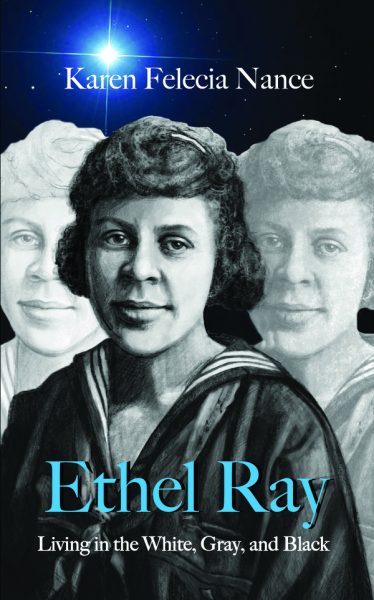


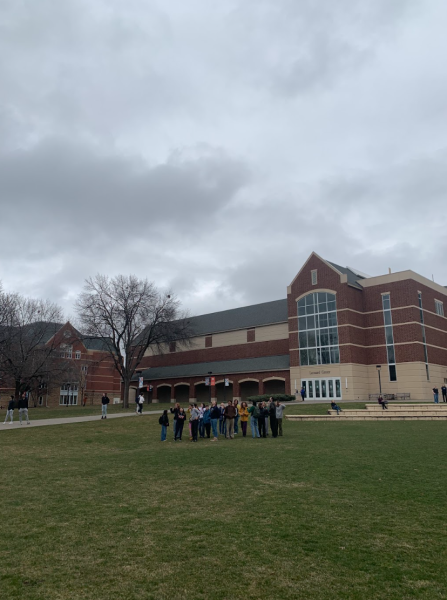

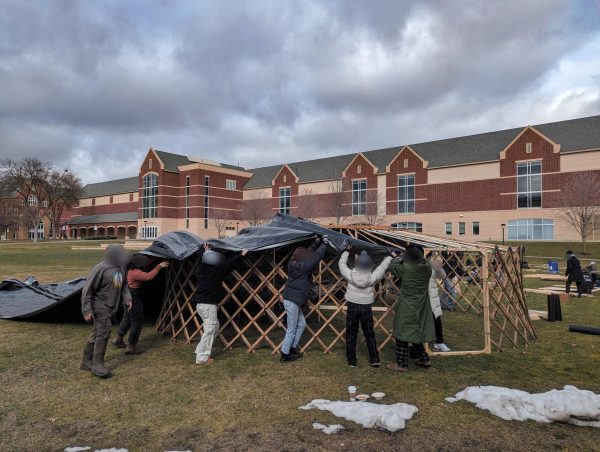




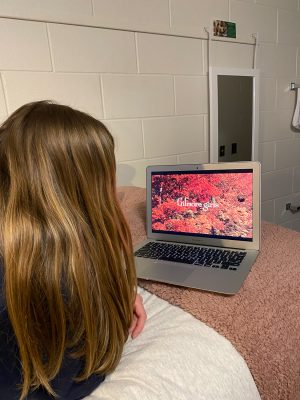
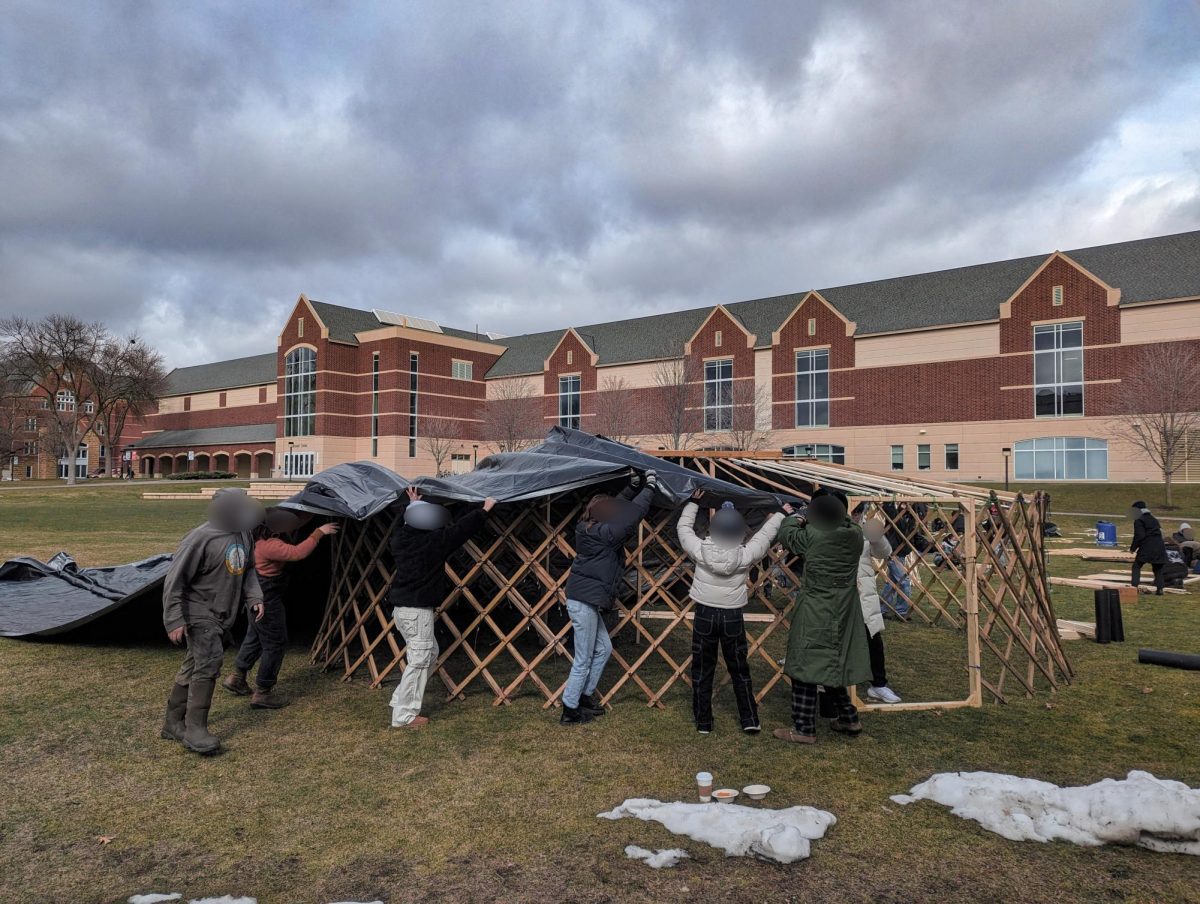
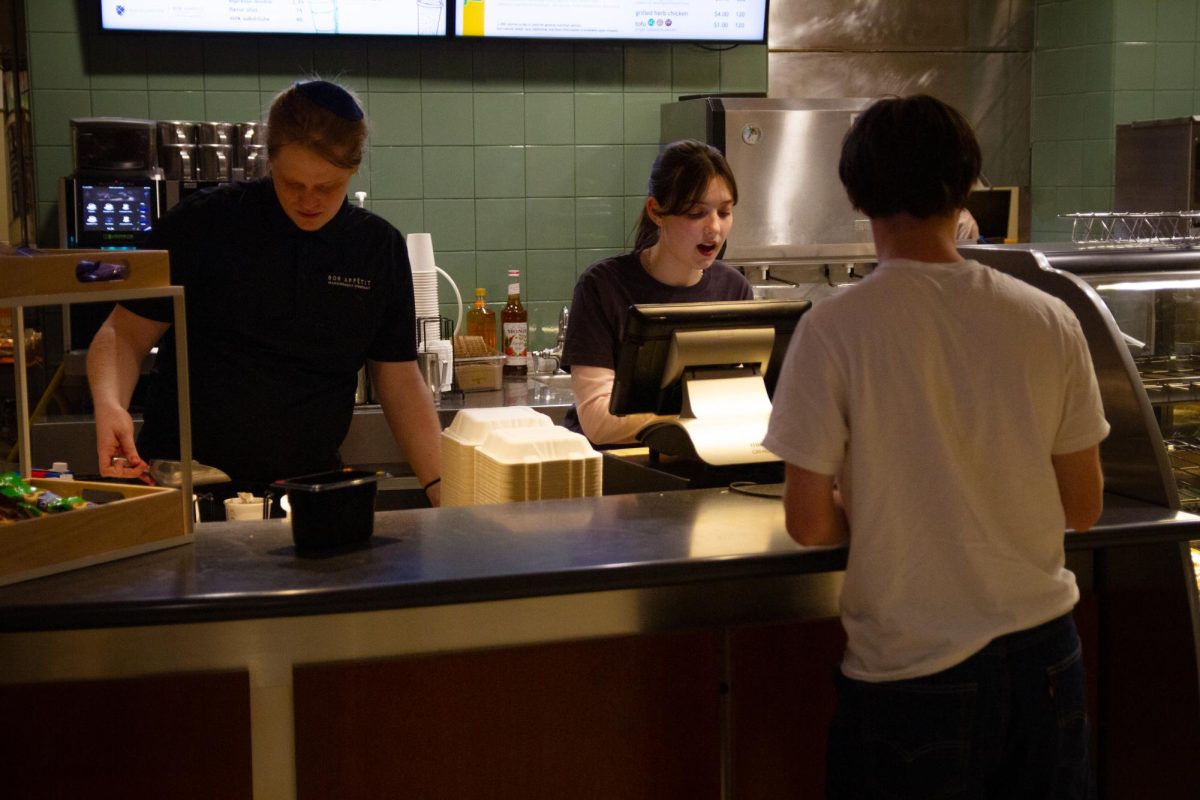


Evan Wilkins • Sep 11, 2019 at 2:49 am
Thanks for the diverse tips provided on this weblog. I have observed that many insurance agencies offer clients generous discounts if they opt to insure a few cars with them. A significant number of households currently have several autos these days, specially those with more aged teenage youngsters still dwelling at home, plus the savings with policies could soon increase. So it is a good idea to look for a good deal.
Kevin Fisher • Sep 9, 2019 at 12:19 pm
When I originally left a comment I seem to have clicked on the -Notify me when new comments are added- checkbox and from now on every time a comment is added I get 4 emails with the same comment. There has to be an easy method you are able to remove me from that service? Thanks!
colette • Oct 3, 2017 at 6:21 pm
are there any mac student orgs that have taken up this cause?